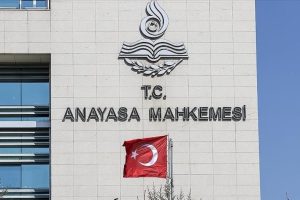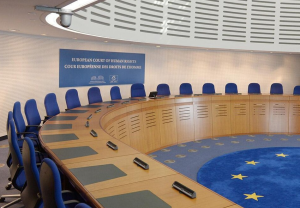Domain names (domains) are shortcuts used to practically locate content on the internet. With the development, widespread use and commercialization of the Internet, the monetary value of domain names has also increased. As a result, a type of tort called cybersquatting has emerged today. Cybersquatting, which is equivalent to “domain name occupation” in Turkish, refers to acts involving malicious behavior such as selling domain names that are the same or similar to the trademarks of others for a high amount, preventing the trademark owner from using the domain name, damaging the business or activities of commercial competitors, and redirecting to another site by creating confusion with the domain name.
One of the important dispute resolution mechanisms developed by the Internet Corporation for Assigned Names and Numbers (“ICANN”) for the effective protection of trademark rights on the Internet is the Uniform Domain Name Dispute Resolution Policy (“UDRP”).
The UDRP sets out the legal framework for the resolution of disputes between a domain name registrant and a third party regarding the registration and use of internet domain names in bad faith. The UDRP provides for a dispute resolution procedure and a system of uniform rules for the enforcement of decisions rendered in the dispute resolution procedure. This system, also referred to as ICANN arbitration, is not exactly arbitration, but it is arbitration-like. Arbitration is an agreement between the parties to have an existing or potential dispute between them resolved by arbitrators and is a private judicial activity that is enforceable just like court judgments.
The ICANN resolution procedure, on the other hand, has its own characteristics and is different from classical arbitration. In classical arbitration, as the definition suggests, an agreement between the parties is required for the dispute to be resolved by arbitrators. In contrast, the jurisdiction of the ICANN resolution procedure is not based on an oral or written agreement of the parties to the dispute, but on the domain name allocation agreement concluded between the service provider and the domain name owner. Therefore, for the trademark owner on the other side of the dispute, the ICANN resolution procedure may be invoked even in the absence of an agreement.
The ICANN dispute resolution procedure is much faster and cheaper than classical arbitration. In the UDRP dispute resolution procedure, there is no remedy/appeal against the arbitral tribunal’s decision within the ICANN system, although the party against whom the transfer or deletion of the domain name has been ordered is granted certain remedies. As explained in detail below, the jurisdiction of the state courts over the decisions of the arbitral tribunal remains in place. Therefore, the most important difference in the ICANN remedy procedure is that there is no court remedy before or after the arbitration. The UDRP rules, in the article entitled “Availability of Court Proceedings”:
“… We will then implement the decision unless we have received from you during that ten (10) business day period official documentation (such as a copy of a complaint, file-stamped by the clerk of the court) that you have commenced a lawsuit against the complainant in a jurisdiction to which the complainant has submitted under Paragraph 3(b)(xiii) of the Rules of Procedure. (In general, that jurisdiction is either the location of our principal office or of your address as shown in our Whois database.”
It is stated that the arbitral awards will not be enforced for a period of ten business days, and that the arbitral award will not be enforced if the party against whom the award is rendered submits a lawsuit before the competent court during this period. Here, the place of application as the competent court is stated as the location of the head office or the address of the domain name owner registered in the Whois database. Notifying the arbitration center of the lawsuit filed in the competent court within ten business days from the notification of the arbitral award will be sufficient to prevent the enforcement of the arbitral award. Here, ten working days is important in terms of preventing the enforcement of the arbitral award. A lawsuit may be filed after the expiry of the ten business days, but this lawsuit will not stay the enforcement of the arbitral award.
For more information, please contact us.



